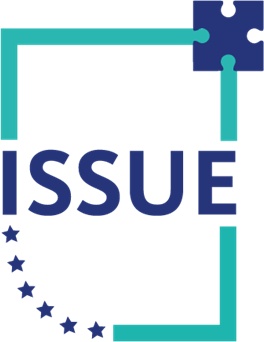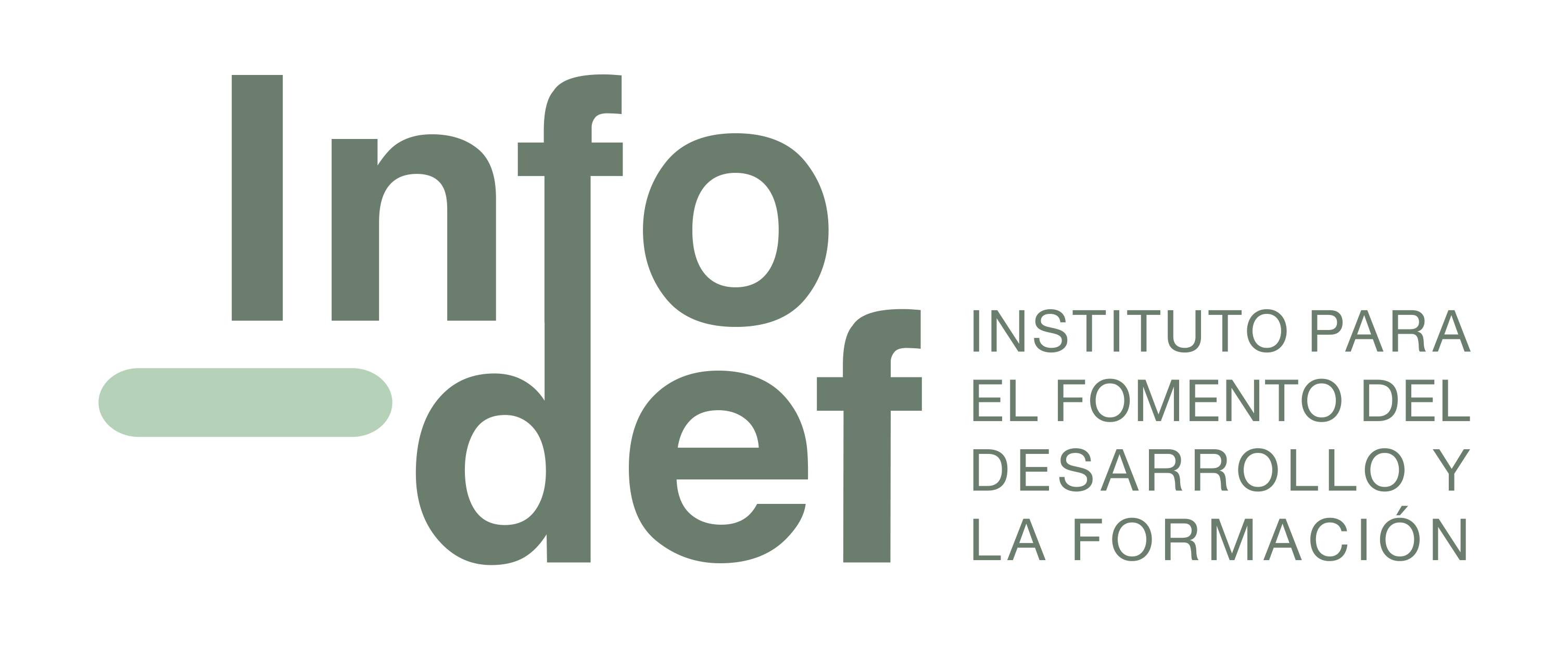Proyectos


Innovative Solutions for SUstainability in Education
EU-Programme: Erasmus+, KA2, Strategic Partnerships for VET
Coordination: Budapest Business School, Budapest, Hungary
Duration: November 2018 – April 2021
Basic UN documents, e.g. the 2030 Agenda for Sustainable Development (SD) defines SD as one of the overarching priorities of the social, economic and environmental development of the countries. This Agenda defined 17 goals of SD to achieve by 2030. General objectives described by other UN documents were transformed into 10 principles by the United Nations Global Compact, which is a United Nations initiative to encourage businesses worldwide to adopt sustainable and socially responsible policies. The ten mentioned principles covered the areas of human rights, labor, environment and anti-corruption. Finally, higher educational institutions realised that they have the specific role to empower faculty, administrators, staff and students to be effective change agents and drivers of a more sustainable global society. To cope with the tasks stemming from this role a network PRME (Principles for Responsible Management Education) was set up and 6 sustainability principles relevant to the capacities and mission of the HE institutions were defined. The conceptualisation of the present proposal have been started along these goals and principles. The main, ambitious objective of the project is to help achieve these principles and goals by developing VET tools adapted to all human sections of a higher education institution.
The few existing sustainability strategies of HE institutions integrate this strategy into their institutional development plans in very different ways. Here the partners realised that in the business sector there exists a tool, called Integrated Reporting (IR) giving a method and framework for the redaction SD plans overarching the activities of the enterprise. The same development for the HE institutions is in an early stage of its evolution and the partnership set the objective to elaborate a IR scheme for the HE institutions.
The faculty is uniquely positioned to advance research and public discourse on environmental, social, and economic sustainability. Investments in research and education are the most effective way that a University can use its resources to contribute to worldwide sustainability efforts. This idea sets the stage for the second thematic work package of the project: gathering best practices of the partners, even enterprises and analysing their adaptability to universities in general. This will be helped by preparation of case studies, an issue to be studied at the Summer school the partners intend to organise during the project.
Leading HEIs should ensure that their governance, faculty, staff and students not only understand sustainability, but also have the capacity to act sustainably and promote sustainable practices. Exposing all undergraduate, graduate and postgraduate students, faculty and staff, the main target groups of the project, to principles of sustainability is the necessary first step in that process. In order to do that the project defines the objective of developing contents and education tools with non-conservative pedagogical approaches – gamification – adapted to the different target groups of a university in a large number of SD issues. Another sort of target group will be composed of the participants of the dissemination conferences: universities beyond the partnership, local and regional stakeholders (decision makers, banks, enterprises) and international organisations with SD profile. To reach these targets is the token of robust follow-up cooperation.
Project Nº 2018-1-HU01-KA202-047730
This project has been funded with support from the European Commission. This publication reflects the views only of the author, and the Commission cannot be held responsible for any use which may be made of the information contained therein.
